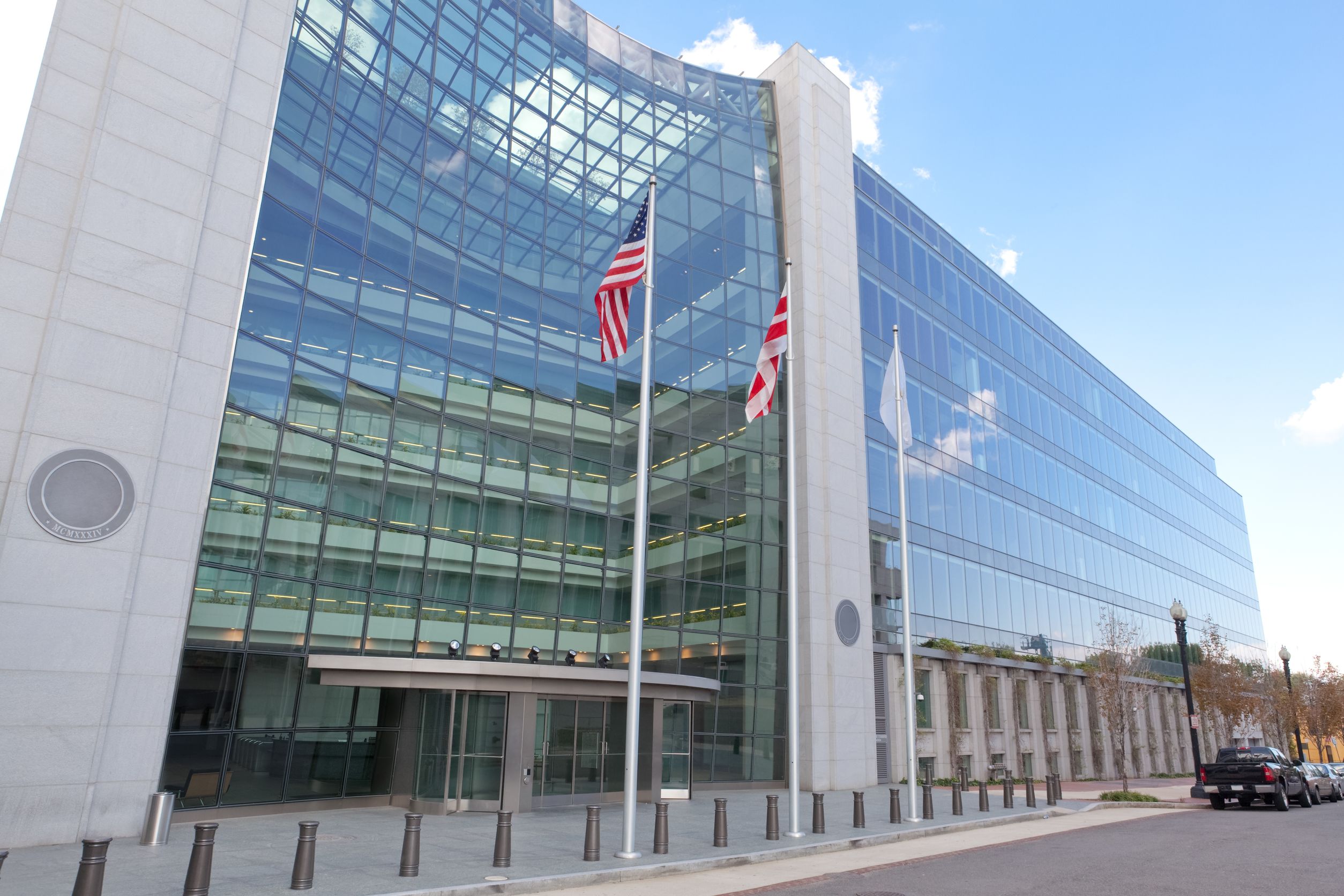The essential financial watchdogs and referees that comms pros should know
As you consider how to communicate compliance and good governance, as well as signal investments in areas like ESG, make sure you know all the major organizations that set the rules.

[Editor’s Note: This is an excerpt from “Business Acumen for Strategic Communicators: A Primer.” You can purchase the book here and Ragan/PR Daily readers receive a 30% discount with the code BUSINESS30.]
As required by the Securities and Exchange Commission (SEC) and the stock exchanges, U.S. public companies must report their financial and business performance on a quarterly basis. For U.S. public companies, such reports are filed with the SEC’s freely accessible Electronic Data Gathering, Analysis, and Retrieval (EDGAR) system.
Included as part of these quarterly EDGAR filings, as well as typically in quarterly earnings news releases, are the company’s quarterly financial statements. If a public company does not report its quarterly results with the SEC on a timely basis, its stock can be delisted from the stock exchange for not meeting the exchange’s listing requirements.
There are several entities that play important roles as rule setters and referees when it comes to establishing financial reporting and accounting standards, and providing oversight of these standards. Such standards help bring greater consistency and transparency to financial reports across companies and industries. Granted authority by the SEC, the U.S.-based Financial Accounting Standards Board (FASB) is a nonprofit organization whose mission is to develop and improve the standards used in U.S. financial reporting and accounting. These standards are known as generally accepted accounting principles (GAAP). When a public company reports a non-GAAP financial measure, the company is required to provide a reconciliation between the adjusted and regular figure. Two popular non-GAAP financial measures are earnings before interest and taxes (EBIT), and earnings before interest, taxes, depreciation and amortization (EBITDA).
Another entity granted authority by the SEC is the Public Company Accounting Oversight Board (PCAOB), which was formed in the early 2000s in the wake of the major corporate accounting scandals, such as Enron, World-Com and Tyco. The PCAOB oversees the audits of public companies in order to protect investors and the general public from potentially fraudulent behaviors. The London-based International Accounting Standards Boards (IASB) is responsible for developing and promoting International Financial Reporting Standards (IFRS). The IASB has long worked with FASB to try to improve and converge GAAP and IFRS accounting standards.
There is a growing focus by the world’s largest investment managers, such as BlackRock, State Street Global Advisors and others, on the environmental, social and governance (ESG) performance of corporations, particularly on ESG issues and measures that are material to a company’s economic performance. San Francisco-based nonprofit Sustainability Accounting Standards Board (SASB) provides an ESG disclosure framework for how companies may report financially material ESG concerns for 77 different industries. Another major initiative is the Task Force on Climate-related Financial Disclosures (TFCD), which has developed a voluntary reporting framework on climate-related risks.
Looking beyond the investment world and into the broader domain of corporate social responsibility (CSR), Amsterdam-based Global Reporting Initiative (GRI) is a widely used reporting framework. SASB and GRI have announced a collaborative work plan designed to help companies learn how to use both sets of standards together. These ESG standardization efforts are likely to significantly shape the future of finance, accounting and company financial reporting in the years ahead.
Concomitant with the rise of ESG and CSR, the role of the strategic communicator has been “significantly elevated” in recent years with stakeholders showing more interest in how companies conduct business than ever before, according to Tom Johnson, the CEO of Abernathy MacGregor Group, a top strategic communication advisory firm.
“It is no longer acceptable to just say a business is here to maximize profits for its investors,” says Johnson, who majored in mass communication and started his career in business journalism before transitioning into financial communications. “Business strategies and performance must now be communicated across various stakeholder groups, and that is very hard to do unless you have a solid grounding in how money is flowing across the organization.”
Matt Ragas is an associate professor of public relations and corporate communications at DePaul University. Ron Culp is the professional director of the graduate PR and advertising program at DePaul University.







What Johnson says must MEAN something, and Ron Culp is one of the greatest PR executives who ever lived, so maybe he can understand this: “Business strategies and performance must now be communicated across various stakeholder groups, and that is very hard to do unless you have a solid grounding in how money is flowing across the organization.”
How money is flowing across an organization? Does it only flow or also ebb and flow? Can one ever grab some of it or perhaps even a lot of it? I have a Wharton degree in economics which seems like “solid grounding” but what I find “very hard to do” is understanding how money “flows across” across an organization.
Much credit goes to PR Daily for getting the likes of Ragas and Culp to write for this newsletter even if some of us don’t understand everything.